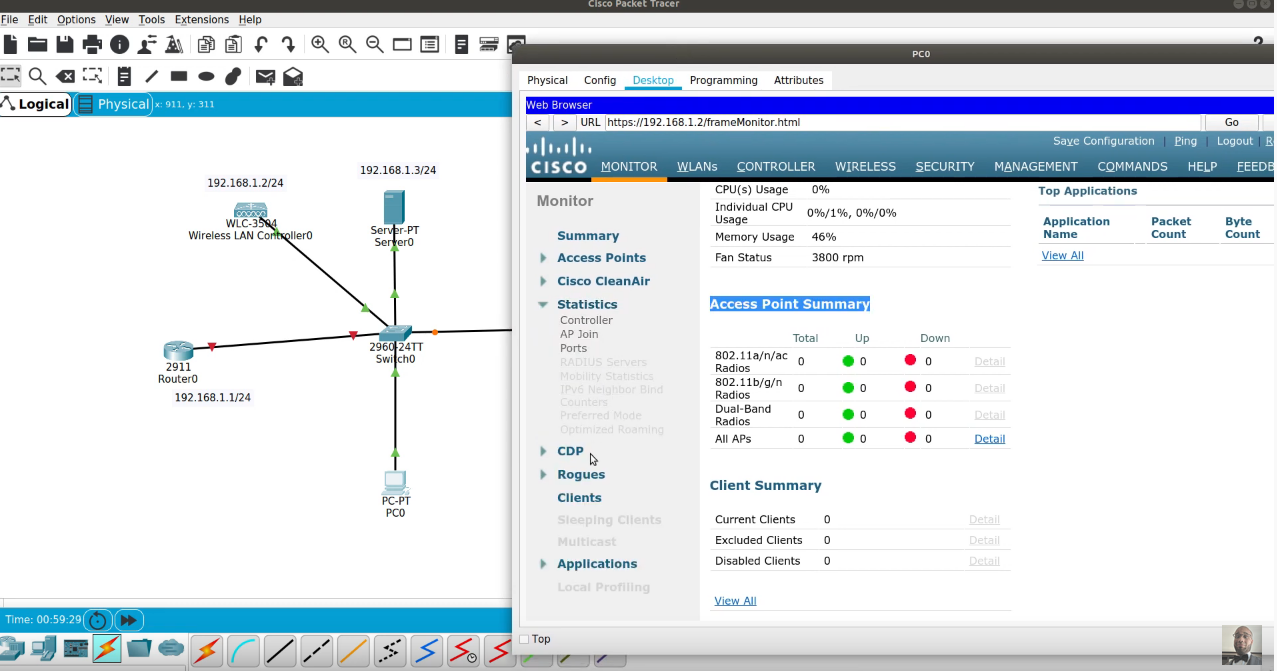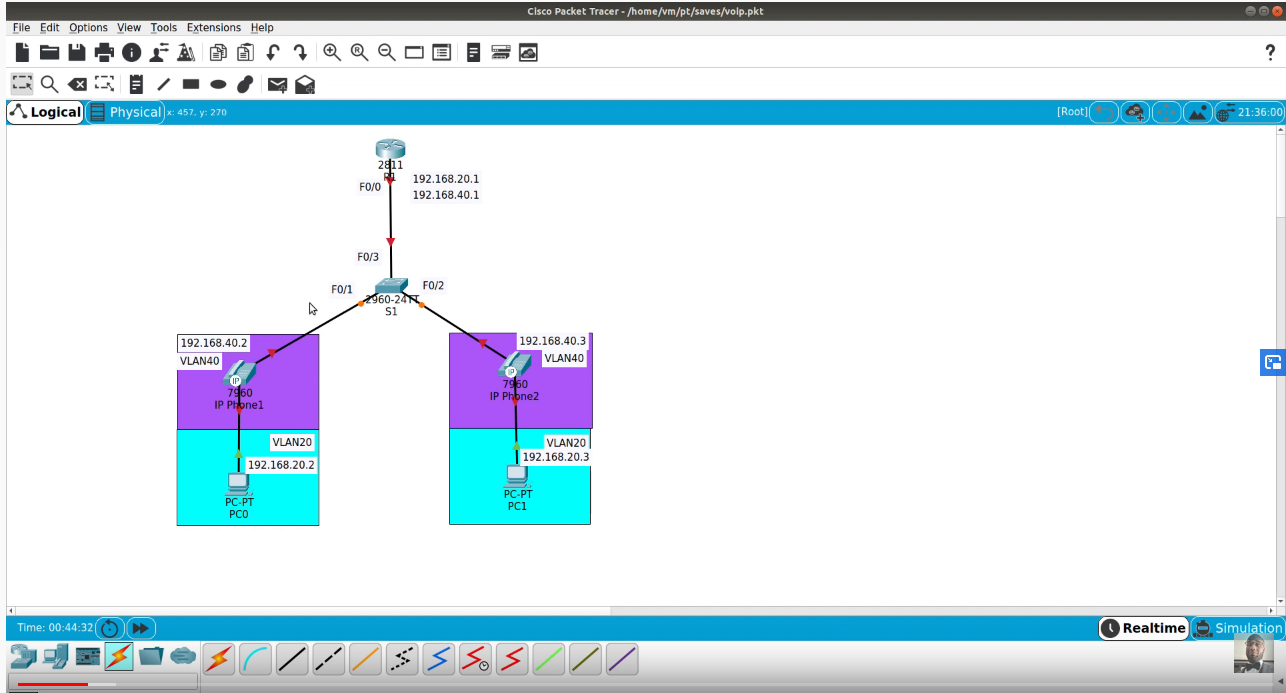Follow Me on Twitter: https://twitter.com/CCNADailyTIPS
—–Get 30% off ITproTv with code CCNADT
Next Video: https://youtu.be/MSH8_dNL9g4
TACACS (Terminal Access Controller Access Control System) is an older authentication protocol common to UNIX networks that allows a remote access server to forward a user’s logon password to an authentication server to determine whether access can be allowed to a given system.
TACACS
TACACS is defined in RFC 1492, and uses (either TCP or UDP) port 49 by default. TACACS allows a client to accept a username and password and send a query to a TACACS authentication server, sometimes called a TACACS daemon or simply TACACSD. TACACSD uses TCP and usually runs on port 49. It would determine whether to accept or deny the authentication request and send a response back. The TIP (routing node accepting dial-up line connections, which the user would normally want to log in into) would then allow access or not, based upon the response. In this way, the process of making the decision is “opened up” and the algorithms and data used to make the decision are under the complete control of whomever is running the TACACS daemon.
TACACS+
TACACS+ and RADIUS have generally replaced TACACS and XTACACS in more recently built or updated networks. TACACS+ is an entirely new protocol and is not compatible with its predecessors, TACACS and XTACACS. TACACS+ uses TCP (while RADIUS operates over UDP). Since TACACS+ uses the authentication, authorization, and accounting (AAA) architecture, these separate components of the protocol can be segregated and handled on separate servers.[5]
Since TCP is a connection oriented protocol, TACACS+ does not have to implement transmission control. RADIUS, however, does have to detect and correct transmission errors like packet loss, timeout etc. since it rides on UDP which is connectionless. RADIUS encrypts only the users’ password as it travels from the RADIUS client to RADIUS server. All other information such as the username, authorization, accounting are transmitted in clear text. Therefore, it is vulnerable to different types of attacks. TACACS+ encrypts all the information mentioned above and therefore does not have the vulnerabilities present in the RADIUS protocol.
TACACS+ is a CISCO designed extension to TACACS that encrypts the full content of each packet. Moreover, it provides granular control (command by command authorization).


